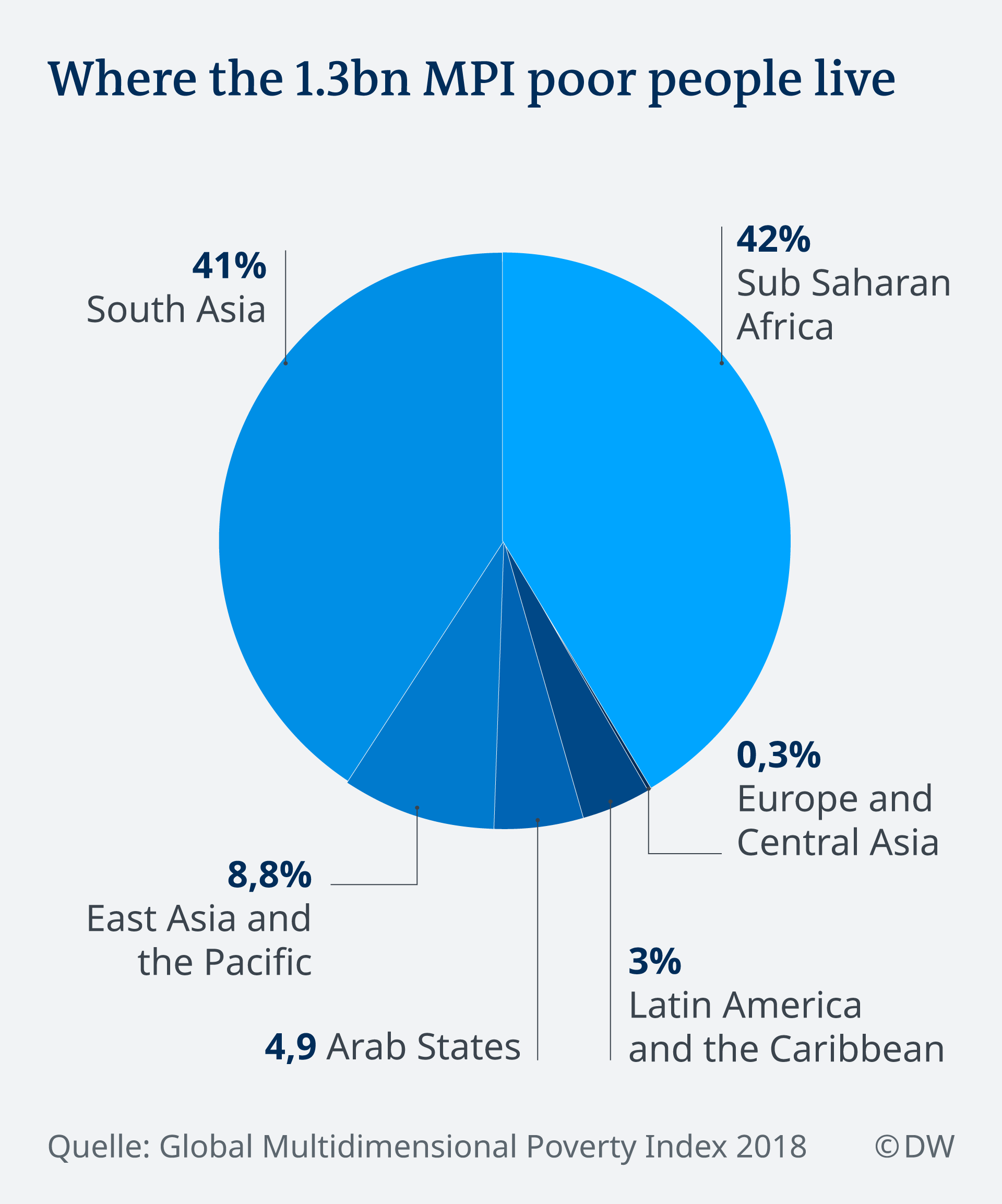Viral Inequality? The 3 Richest Africans Have More Wealth Than Half The Entire People On The Continent

The Gap Between Africa’s Richest And Poorest Grows Wider
The three richest people in Africa collectively have more wealth than the poorest 650 million people across the continent.
In other words, the combined wealth of Nigeria’s Aliko Dangote, and the South African duo of Nicky Oppenheimer and Johann Rupert, is way more than what 50 percent of the poorest people on the African continent enjoy.
This detail was the highlight of a new report released by Oxfam International on Tuesday as part of preparations for the ongoing World Economic Forum (WEF) on Africa event which kicked off in Cape Town, South Africa, yesterday.
The report titled, “A Tale of Two Continents”, highlighted how rising and extreme inequality across Africa is undermining efforts to fight poverty. It showed the contrasting fortunes of the African elite and the masses who are stuck in privations.
A Tale of Two Continents really did find “two continents” in Africa; one for the richest Africans with fortunes that are only increasing, and another for the poorest Africans who are only plunging deeper into poverty.
The Oxfam report also looks at how unsustainable levels of debt and a rigged international tax system are depriving African governments of billions of dollars in lost revenue each year – money that could otherwise be invested in education, healthcare, and social protection.
Africa On The Brink Of A Poverty Pandemic
As it is, the African continent is heading for a precarious situation that could see it become the breeding ground for global extreme poverty. Asia used to be the region worst hit by extreme poverty. But as the number of people living on less than USD 1.90 a day has reduced significantly in the region, Africa has become the unfortunate torchbearer as poverty continues to rise.

It’s so bad that estimates from the World Bank have it that 87 percent of the world’s poorest people will be in Africa by 2030, and that’s if current trends continue.
“Africa is ready to rise – but only once it’s leaders have the courage to back a more human economy that works for the many and not a few super-rich men,” Winnie Byanyima, Executive Director of Oxfam International, said in the report.
“They can achieve this by investing in inequality-busting, universal and quality public services like health and education and by developing truly progressive tax systems.”
South Africa, Namibia Doing The Most. Nigeria Scraping The Bottom.
In the report, Oxfam also included its first-ever ranking of African nations on their commitment to tackling inequality.
The “Commitment to Reducing Inequality Index”, as it is called was developed by Oxfam and Development Finance International.
In this new index, countries are ranked based on their policies on social spending, tax, and labor rights – three areas both organisations find critical to reducing inequality.
In this regard, South Africa and Namibia come first and second respectively, with their strong social spending and a progressive tax system. Nigeria, meanwhile, has an unenviable distinction of being at the bottom of the Africa ranking, as well as the global ranking for the second year running.
Other Interesting Finds
Oxfam’s report revealed that the three richest African billionaires now have more wealth than the poorest 50% (or 650 million people) across the continent. Here are some other thought-provoking revelations:
- The most unequal country in the region, Swaziland, is home to one billionaire, Nathan Kirsh, with an estimated net worth of USD 4.9 Bn. If he worked in one of the restaurants that his wholesale company supplies on a worker’s minimum wage, he would need 5.7 million years to amass his current wealth.
- The combined wealth of the 5 richest people in Nigeria is more than enough to end poverty in Nigeria.
- About 75 percent of the wealth of African multi-millionaires and billionaires is held offshore. As a result, the continent is losing up to USD 14 Bn annually in uncollected tax revenue.
- Social spending is being hampered by dangerous and unsustainable levels of debt. In 2018, Angola spent 57 percent of government revenue on debt repayments while public spending was cut by 19 percent between 2016 and 2018. Similar trends are found in Egypt, Mozambique, Cameroon, and Ghana.
- African women and girls are also most likely to be poor. They also stand to lose the most when public services like healthcare and education are underfunded. As an example, Nigeria’s girl population makes up 60 percent of the more than 10 million children who do not go to school.
Featured Image Courtesy: thespiritedhub.com